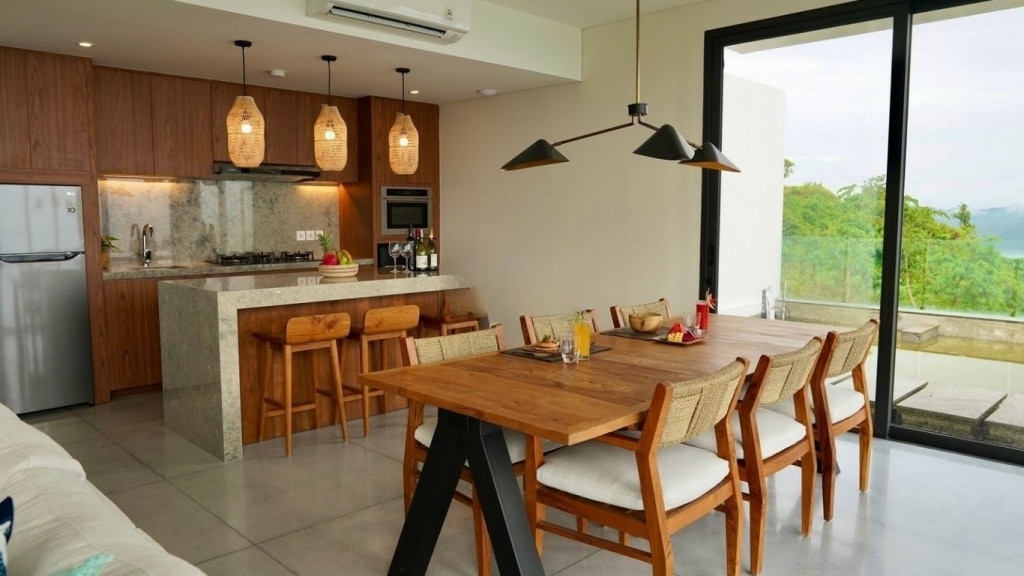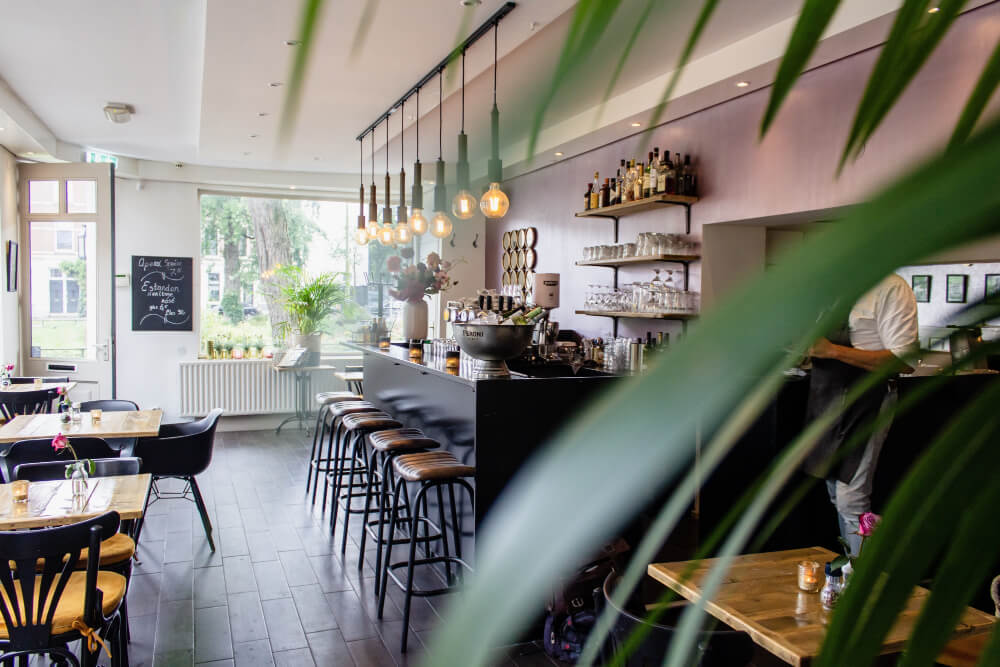FAQs
Is the cost of living in Bali cheap?
Yes, the cost of living in Bali is much lower than in many Western countries. However, your lifestyle choices can raise or reduce expenses.
How much do I need per month to live in Bali?
On average, you need $600–$900 USD for a budget lifestyle. In contrast, a mid-range lifestyle costs $1,100–$1,800 USD monthly.
Can I live in Bali on $1,000 USD a month?
Yes, you can live in Bali for $1,000 USD per month. For example, you can rent a modest room, eat at warungs, and use a scooter.
What are the biggest expenses in Bali?
Housing is usually the largest expense. In addition, education, healthcare, and luxury dining can significantly increase your monthly budget.
Is Bali more expensive than Thailand?
Bali and Thailand are both affordable. However, Bali can be slightly higher in rent and imported goods, while Thailand offers more variety in big cities.
How much is rent in Bali?
Rent depends on location and property type. For instance, guesthouses may cost $300 per month, while luxury villas can exceed $2,500 USD.
Do groceries cost a lot in Bali?
No, local groceries are very affordable. On the other hand, imported goods like cheese or wine can make your grocery bill much higher.
Is healthcare expensive in Bali?
Basic healthcare is inexpensive. However, private hospitals and international insurance plans can raise your costs if you want premium services.
Can families live comfortably in Bali?
Yes, families can live well in Bali. Still, schooling and larger housing make their cost of living higher compared to single expats.
Is retiring in Bali affordable?
Yes, many retirees choose Bali because of its lower costs. In addition, retirement visas make it easier to enjoy long-term stays.











